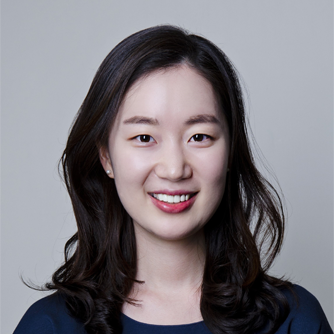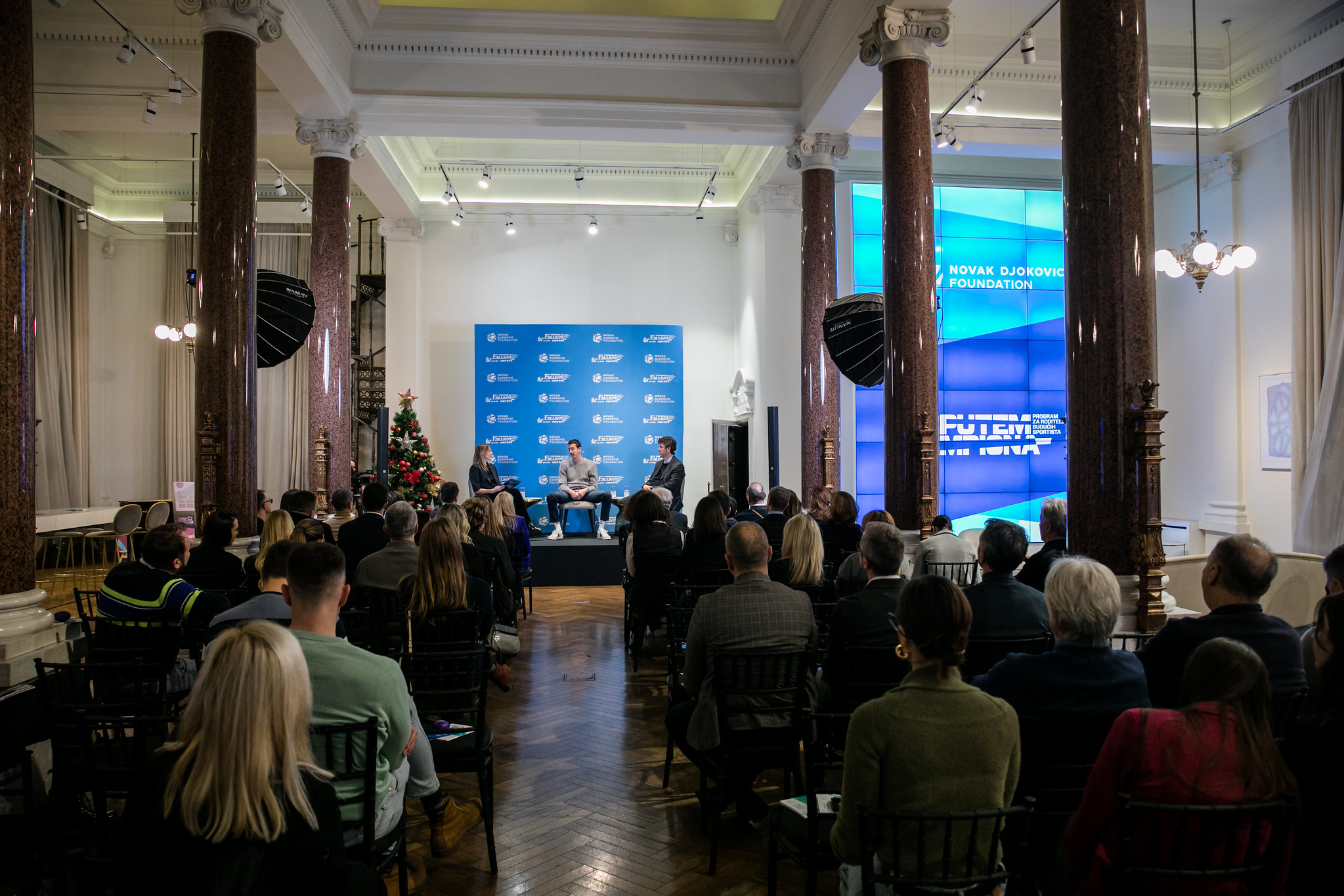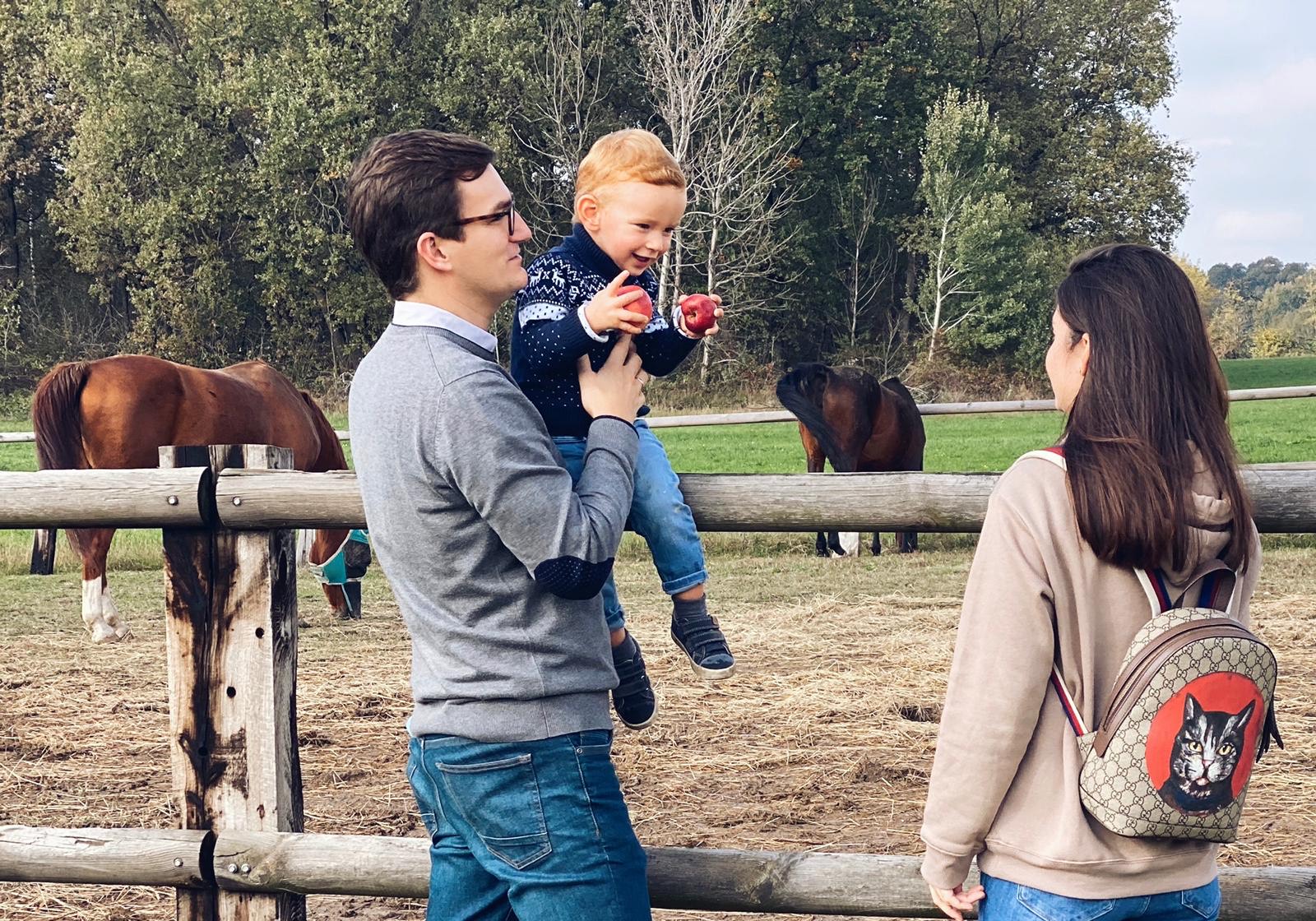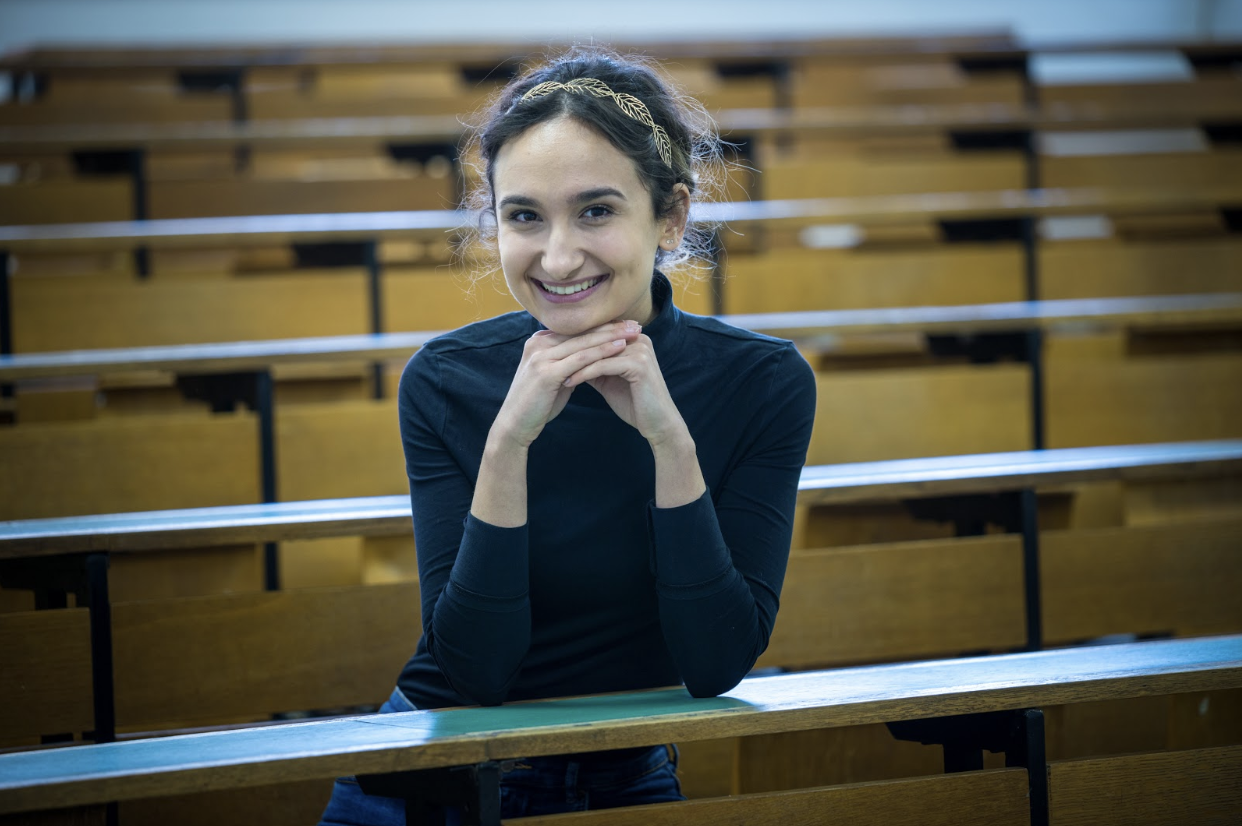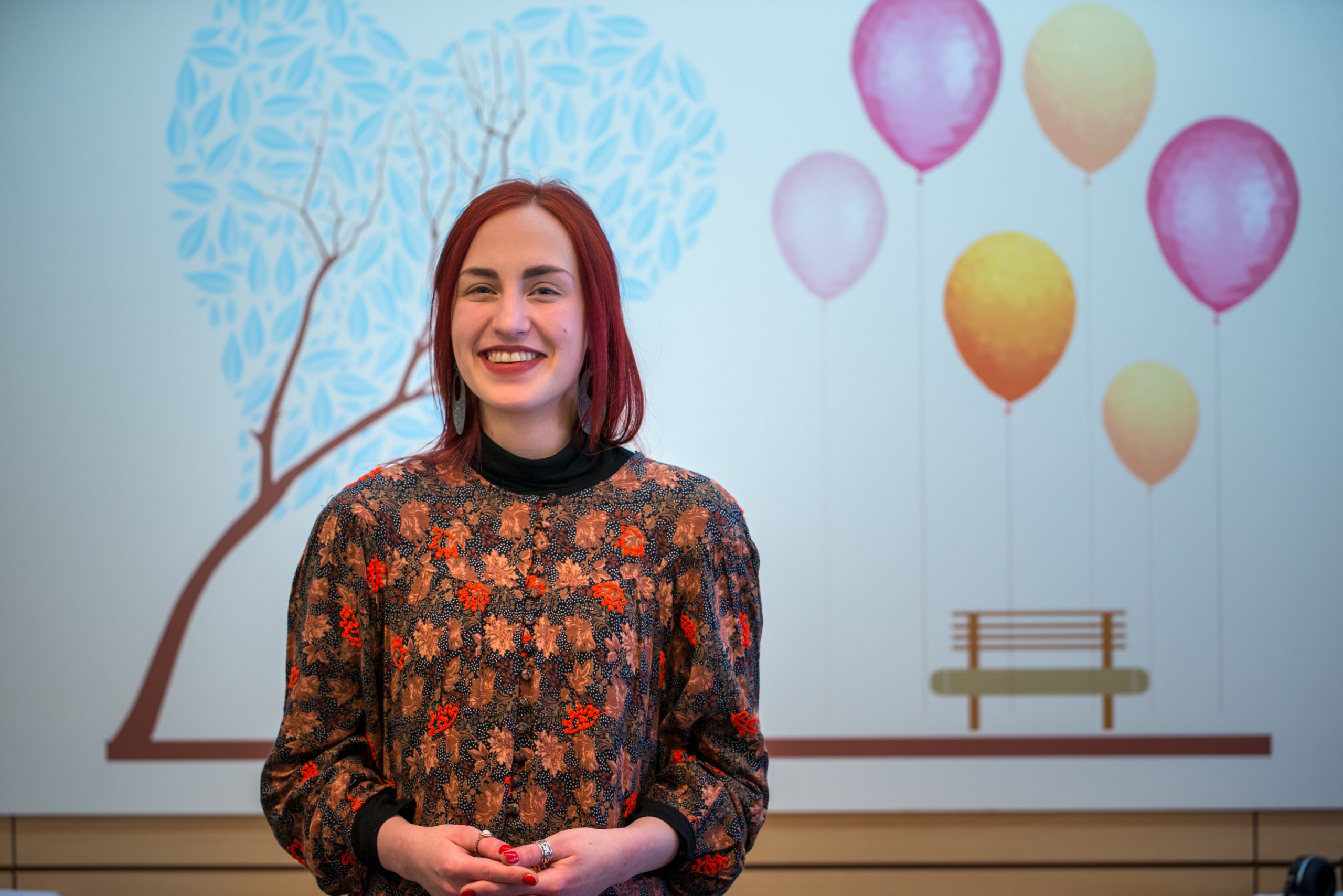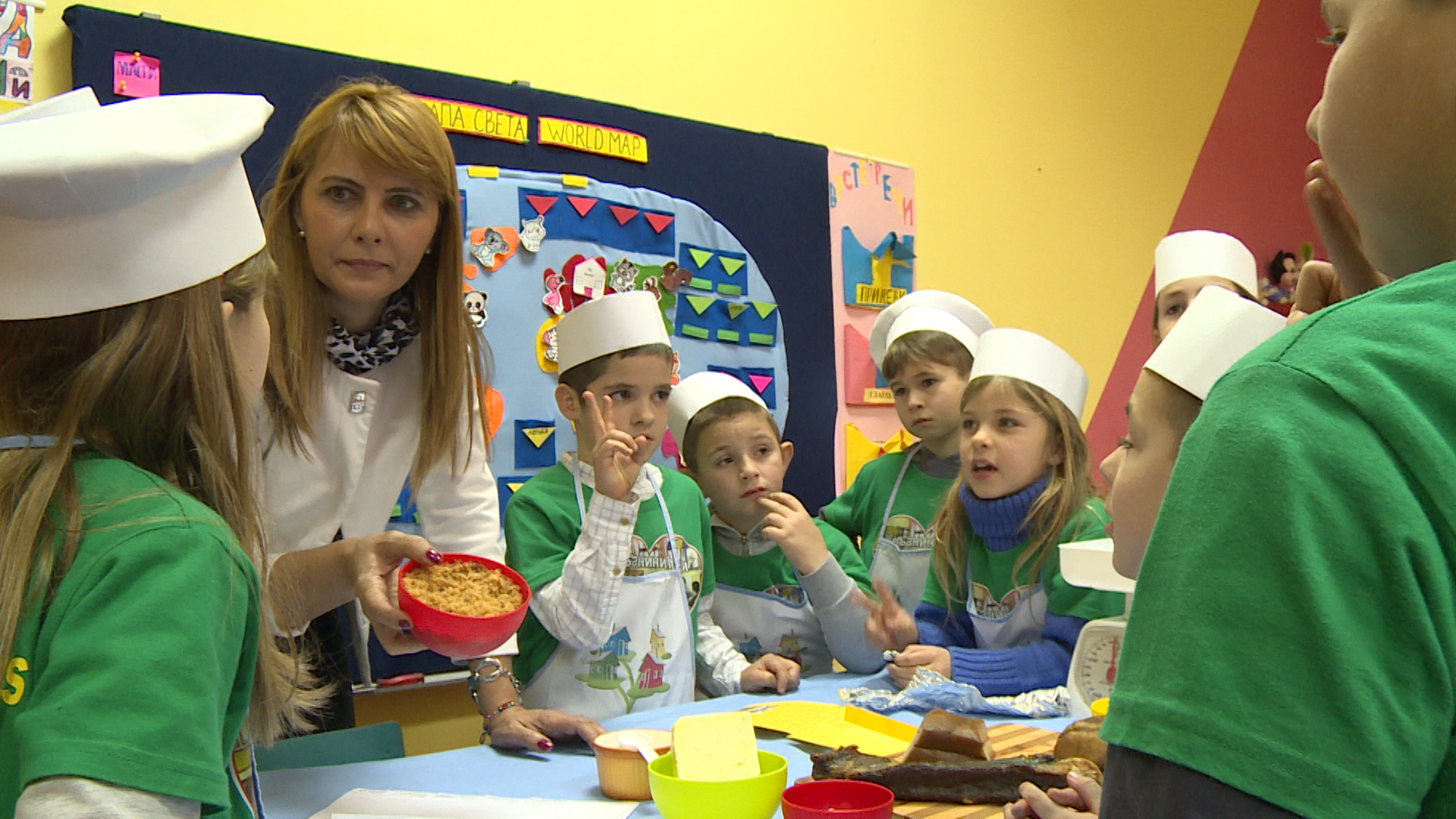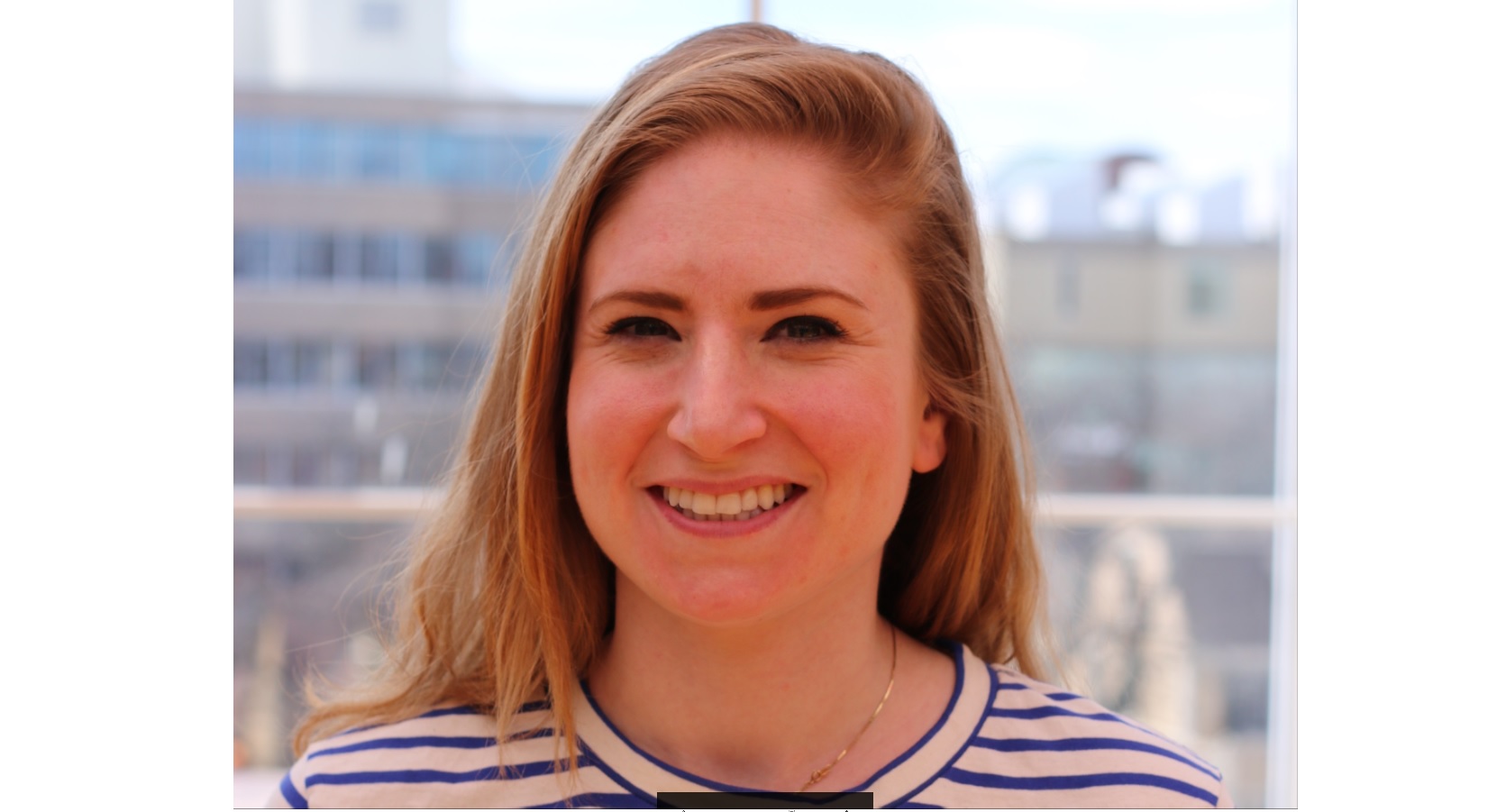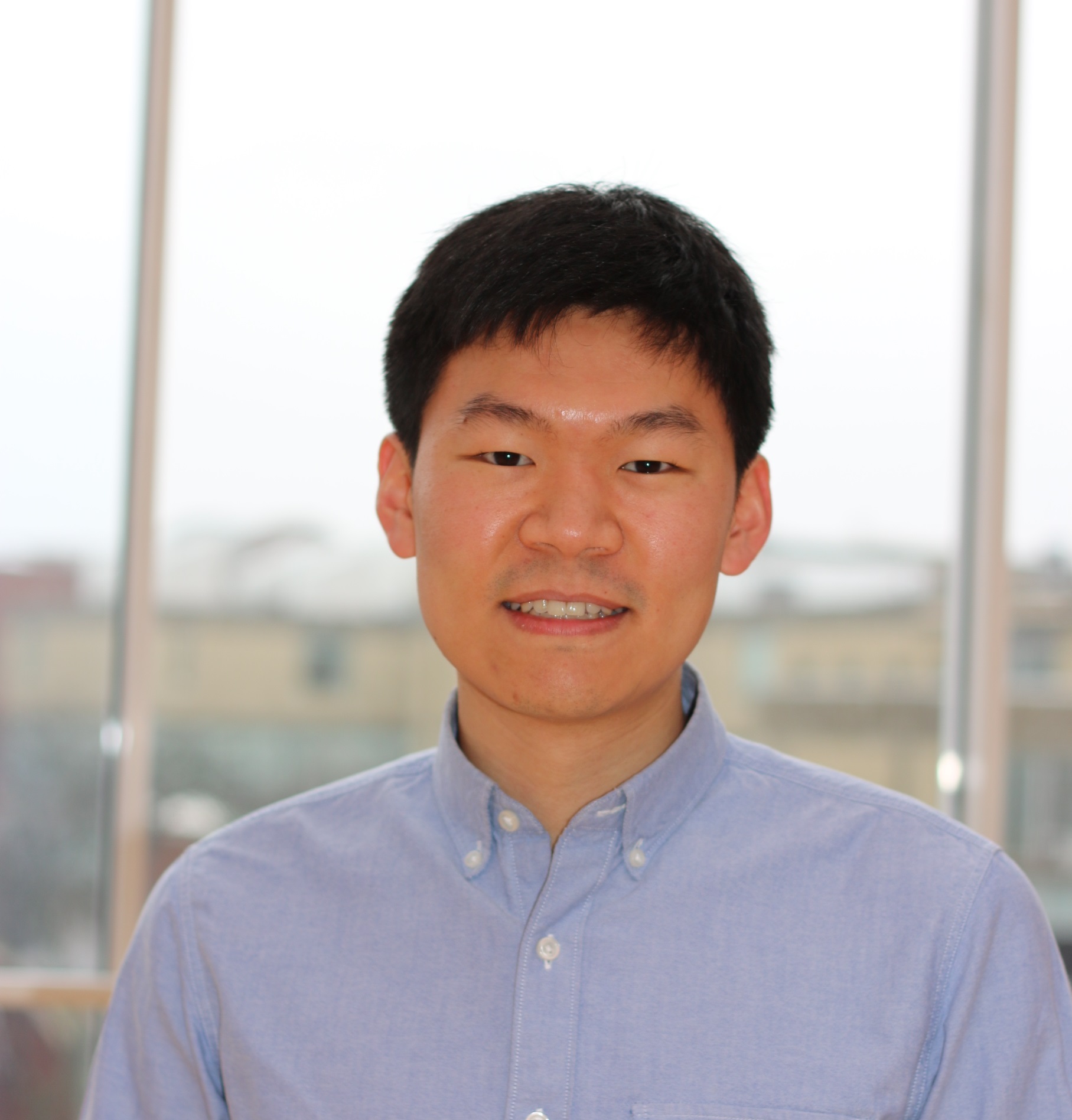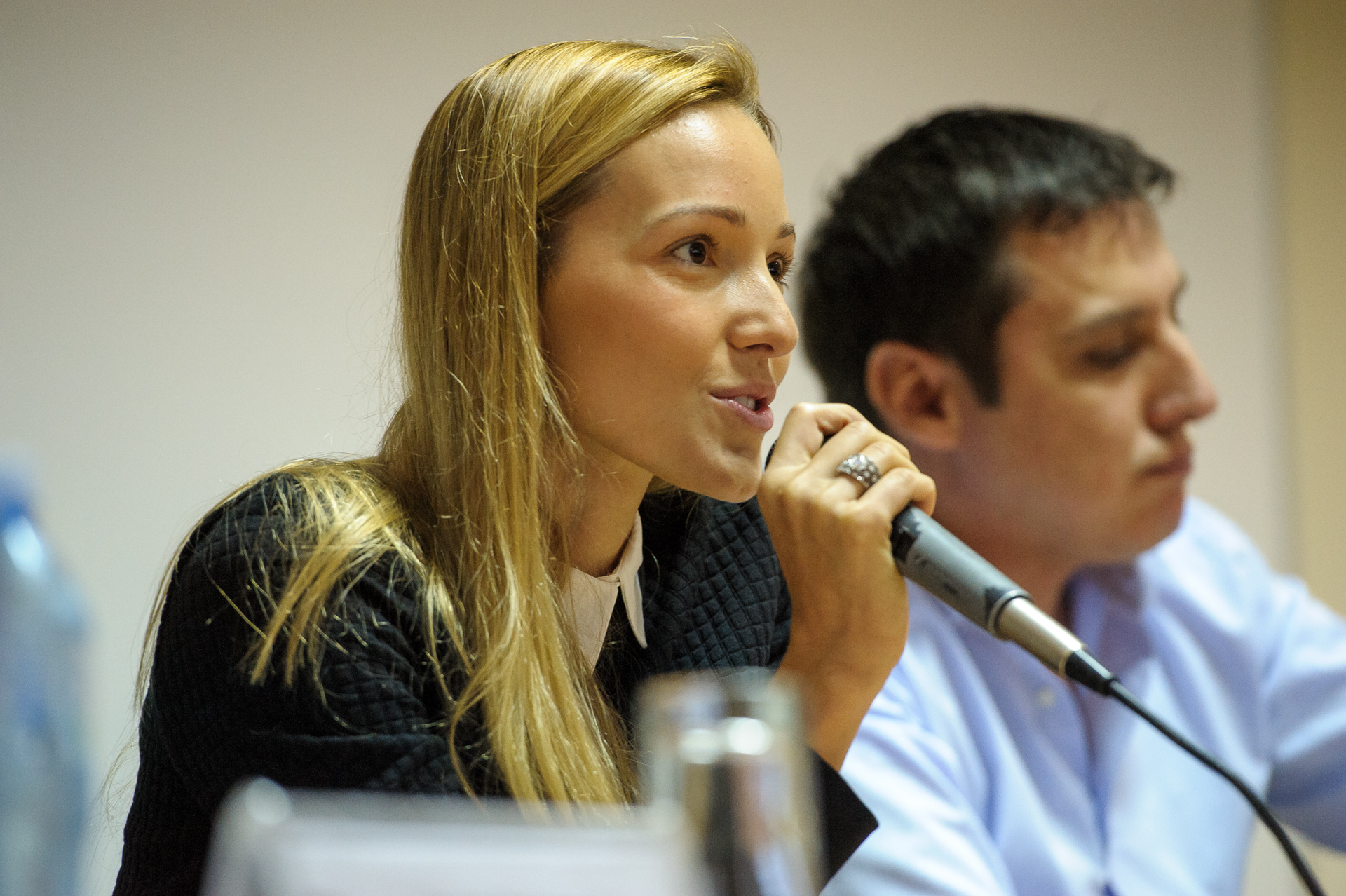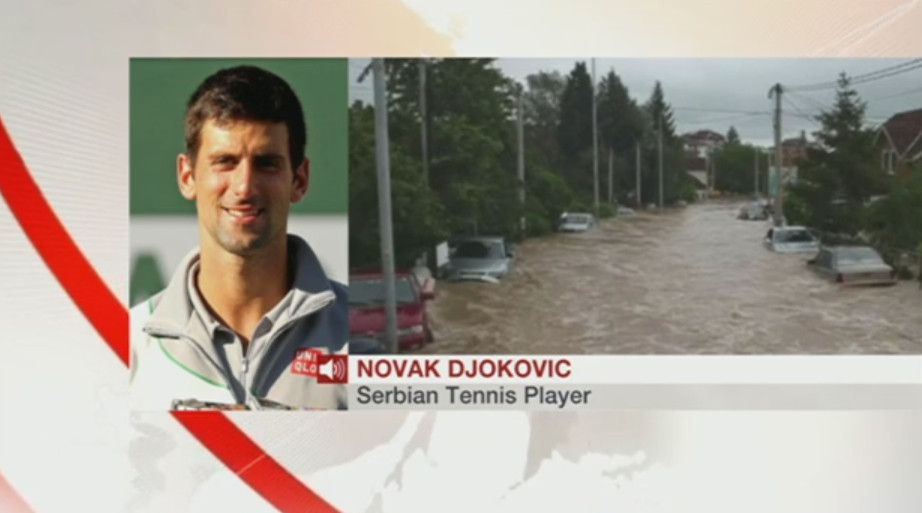Global CEO of the Novak Djokovic Foundation, Alberto Lidji, sat down with the Djokovic Fellows to discuss their current research focus and thoughts on the Djokovic Fellowship.
The Novak Djokovic Foundation and the Center on the Developing Child at Harvard University have awarded three Harvard advanced doctoral students the second Djokovic Science and Innovation Fellowship. Scott Delaney, April Boin Choi, and Zhihui Li are all in the advanced stages of doctoral programs across the university, and will each receive a grant during the 2018-19 academic year to support their ground-breaking research. With her research, Ph.D. candidate April Boin Choi looks to identify ways to increase early detection of autism in infants. Today we hear from April Boin Choi.
- Hi April, nice to meet you and congratulations. Tell me more about yourself”¦
April: I’m a fourth year PhD student at the Harvard Graduate School of Education. I study early development of children who are at risk for developing autism spectrum disorder (ASD). More specifically, I examine how early behaviours such as gestures develop in children who have an older sibling with autism and are therefore at increased risk for ASD. I also study how caregivers of children at high or low risk for autism respond to their children’s behaviours to better understand the bidirectional nature of caregiver-child interactions.
- I didn’t realise there was a correlation between siblings developing autism?
April: Children who have an older sibling with autism are at an almost 20% chance of developing autism themselves, compared to approximately a 1% chance in the general population. So I am very interested in understanding the development of so-called “high risk” children, who can inform us about early autism identification and intervention.
- Tell me more about detecting autism, and diagnosis. When does that usually happen?
April: To my knowledge, diagnosis of autism happens by the age of two, especially if the doctor has expertise in recognising the signs. However, I think the time for diagnosis is quite delayed in the US, but especially in low resource settings where disadvantaged children may not have the same access to an expert.
- So, you’re hoping that with your research, diagnosis can happen earlier, or new methods could be used for it to be undertaken earlier?
April: I hope my research findings will have implications for detecting autism-related risks early and creating targeted and effective intervention strategies to support healthy child development.
- What’s it like doing research at Harvard?
April: I feel fortunate to work with many great professors here. I’ve been very lucky to work with Charles A. Nelson, III, Ph.D., who is my research advisor and has been supportive of my independent research in autism. I’ve learned a lot from his expertise in early childhood and how we can do a lot to benefit children in their early development with our research.
- And the early childhood piece, what attracted you to that? How did you get into it?
April: I love interacting with children and am very interested in studying their development, as children have so much potential and brain plasticity. Also I have a close family member with autism who has benefited a lot from accessing timely support, resources, and interventions. With my academic and personal interests combined, I find early childhood to be a particularly important time period to study in order to improve early autism identification and intervention efforts.
- What does your research involve? Are you interacting with children, and how do you go about conducting your research?
April: I administer play assessments for children who have a condition called Tuberous Sclerosis Complex (TSC), about 60% of whom go on to develop autism. During assessments, I basically play with children and examine their play and social skills, which are then used to inform the design of individualized, targeted intervention strategies for children and their parents. As I mentioned before, I also examine early development of children who have an older sibling with autism and are “at risk.” Specifically, I study how those children use their hands to communicate in the first two years of life and how their caregivers respond back to their child’s behaviours.
- How do parents know they have a high-risk child, apart from if they have a sibling with autism?
April: I believe one of the most common risk factors is having an older sibling with autism. Children with some genetic conditions such as TSC and Rett Syndrome are also known to be at heightened risk for developing autism.
- What are the implications for a child who isn’t properly diagnosed, including schooling?
April: Early intervention is shown to be most effective for a child’s welfare. Those who aren’t diagnosed early generally have a lower quality of life. This is why it’s my passion to discover ways to detect autism-related risks early in life and promote optimal life outcomes of all children and families.
- And you’ve found that these children are very diverse, and can function in different environments?
April: Children who have been diagnosed with autism are diverse individuals, with unique strengths and weaknesses, just like everyone else. I think the term ‘autism spectrum disorder’ shows this too. For example, some children who are on the spectrum are highly verbal, and are socially interested in meeting people, but when they meet with others, might not understand the appropriate ways to interact or engage with them. Other children may remain non-verbal throughout their lives. I think it is vitally important that attitudes change more in South Korea where I grew up, and in other countries, where many still experience stigma and lack access to autism support and services. I believe a better understanding of the global issues surrounding autism will enable system-level improvements in early childhood outcomes.
Find out more about the Djokovic Fellows here.

